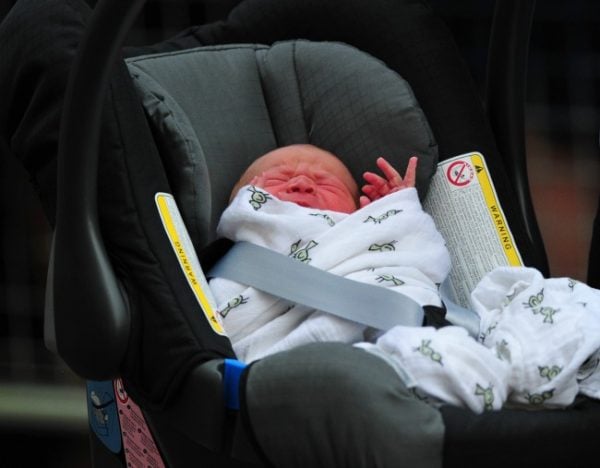To be a successful entrepreneur, you need to identify a gap in the market and pounce to fill it up.
Of course, you shouldn’t take my word for it – I can barely rub enough coins together to buy stuff from the McDonald’s spare change menu. But Australian-born mum-of-four, Raegan Moya-Jones? You should listen to her.
After relocating to the US with her husband in 1997, and falling pregnant with their first child Anais in 2003, Moya-Jones was hit with a peculiar reality: the muslin baby wraps which are wildly popular in Australia were nowhere to be seen in the States.
For an Aussie, the lightweight cotton cloth was a huge absentee from the bustling baby goods market.
This was the perfect opportunity for the mother who had always, on some small level, believed herself to have “be an entrepreneur”.
“I’ve always had a desire to do something on my own,” the businesswoman told interviewer Guy Raz on the most recent episode of NPR’s How I Built This podcast.
“I had lots of ideas [over many years], but none that I felt it was worth diving in the deep end for.
“It was mind blowing to me that when I went looking for [muslin blankets] in the US, they didn’t actually exist,” she said.
The many ways you can use muslin cloth – as a swaddle blanket, as a crib sheet, as a nursing cover – made the fabric a must-have for American women.
“I was 100 per cent that they would respond to it the same way us Aussies had,” Moya-Jones said.

Top Comments
It does, once again, show that for any great idea, you need some capital to get the business off the ground. For many of us, living pay cheque to pay cheque, no matter how many great ideas we have, we will never manage this without funding from family and friends. And I certainly don't know anyone wealthy enough to fund a great idea.
Wow. I bet the friend and her relatives regret letting that one go! Good on her for sticking to what she thought would work.